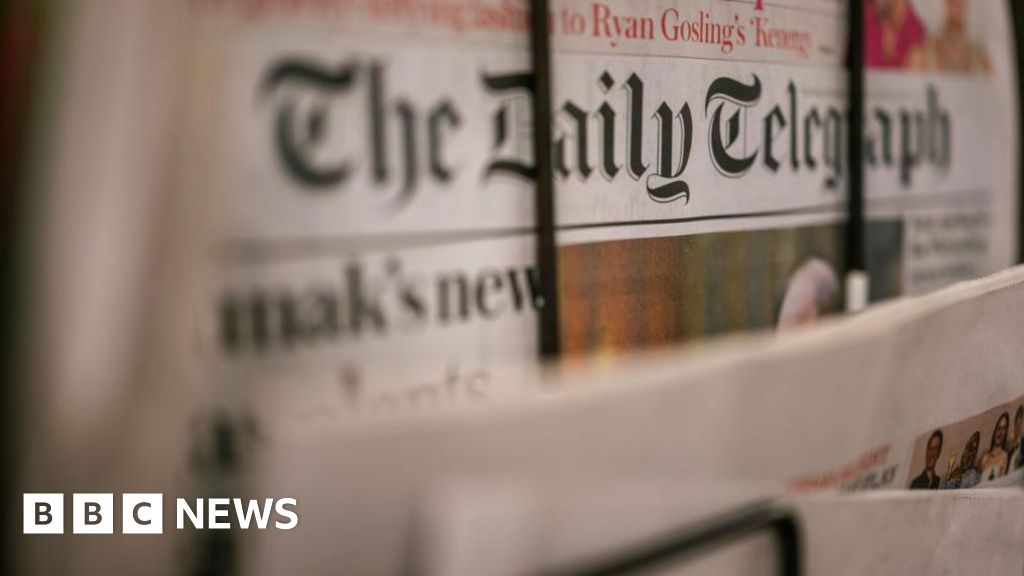ARTICLE AD BOX
Image source, Getty Images
Image caption,Ukraine is a large grain exporter
Ukraine's economy is set to shrink by almost half this year as a result of the war, the World Bank has said.
The institution forecasts Russia's invasion will cause more economic damage across eastern Europe and parts of Asia than the coronavirus pandemic.
The conflict in Ukraine has shut half of the country's businesses and slashed exports, the World Bank said.
Anna Bjerde, the bank's vice-president, said Ukraine needed "massive financial support immediately".
The bank has sent almost $1bn of assistance to Ukraine so far and has promised a further $2bn in the coming months.
It said the closure of Black Sea shipping from Ukraine had cut off some 90% of the country's grain exports and half of its total exports.
Ukraine is the world's biggest exporter of sunflower oil and the shutdown of exports has affected global food prices.
The World Bank said the war had made economic activity impossible in large parts of the country, disrupting farming and harvest operations.
"The magnitude of the humanitarian crisis unleashed by the war is staggering. The Russian invasion is delivering a massive blow to Ukraine's economy and it has inflicted enormous damage to infrastructure," said Ms Bjerde.
Image source, Getty Images
The bank said the 45.1% contraction estimate excluded the impact of physical infrastructure destruction, but said this would hamper future economic output further.
While Ukraine's economy will suffer the most damage by the war, the World Bank said Russia's economy had been already plunged into a deep recession as a result of sanctions from Western countries.
The sanctions have ranged from cutting ties with Russian banks and targeting Russian politicians and oligarchs to banning luxury goods imports and flights.
The bank projected Russia's economy would contract by 11.2% in 2022 as the sanctions bite.
But while the US has banned all Russian oil and gas imports, the EU, which gets a quarter of its oil and 40% of its gas from Russia, has stopped short of such action.
EU countries continue to pay Moscow up to €800m (£674m; $884m) for energy every day, which amounts to an estimated 40% of the Kremlin's income.
The EU has proposed a plan to make Europe independent from Russian fossil fuels before 2030.
The World Bank said that in addition to Russia and Ukraine, Belarus, the Kyrgyz Republic, Moldova and Tajikistan were projected to fall into recession this year.
It said growth projections had been downgraded in all economies because of the war, with weaker-than-expected growth in the euro area.
"The Ukraine war and the pandemic have once again shown that crises can cause widespread economic damage and set back years of per capita income and development gains," said Asli Demirgüç-Kunt, World Bank chief economist for Europe and Central Asia.

 3 years ago
39
3 years ago
39








 English (US) ·
English (US) ·